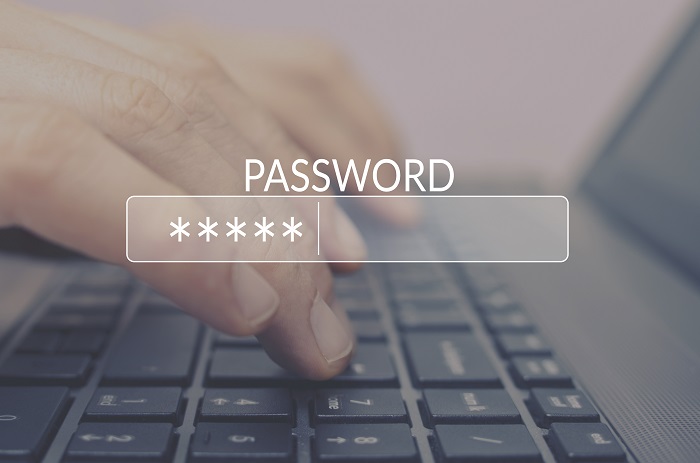The Internet has provided plenty of convenience for everyone. You can now easily search for things you need to know about in a manner of a few seconds, you can connect with your friends and family living abroad, and you can also watch videos online. While the benefits of using the Internet are endless, you need to know that it brings threats as well.
Cybercrime is criminal activity that happens over a computer and a network. Cybercriminals or hackers commit this crime usually to steal money. They can hack your accounts, use your identity to communicate with other people or blackmail you. Therefore, you can use some of the internet safety tips from HackingLoops and protect your data from the hackers.
While being a victim of cybercrime is awful, here are the tips on how you can keep yourself protected:
1. Create Accounts On Reliable Websites
As the power of the Internet now allows you to create different accounts such as with your social network, online banking, and email hosting, you might be making numerous records on questionable websites.
When you’re running a business, you may need to have email hosting for small businesses to communicate with your customers more effectively. But, if you created your email through a weak security website just so you can save a few bucks, you might put your company at risk of ransomware and hacking. You must verify the website you’re creating an account on, especially when it involves linking your bank account or credit card details.
2. Use Stronger Passwords
When it comes to creating passwords, you might want to use easy-to-remember codes so you’d have no trouble remembering them in the future. While that may be convenient for you, they’re suitable for hackers as well.

When creating a password, choose words or names that aren’t related to you. Avoid using the word “password,” your or your spouse’s name, or even the number series “123456”. You should also refrain from using your birthday as it’s one of the most common passwords, and hackers could easily guess that.
Ideally, you should add symbols and numbers to your password in a mixed order to make it harder to guess. Just ensure that you can memorize your password or use a password manager to list your passwords securely, away from cybercriminals.
If you can, you should update your password every 90 days, just to be sure.
3. Stay Updated
When your computer’s operating system and Internet security software aren’t up-to-date, it’s a silent invitation to hackers to come into your system, breach your privacy, and take over your accounts.
Cybercriminals have their methods of attacks that could target the flaw of old software. With that, they can freely hack old software versions.
To prevent cybercriminals from accessing your system, you should always keep your computer and Internet setting’s software updated. The frequent update also includes security improvement, causing hackers to start over in determining the new update’s flaw.
4. Manage Your Social Media
When you have your social media accounts, it’ll be best if you keep your details private as much as possible. While you allow everyone to see and know what’s going on with your life, you can also invite cybercriminals to watch your day.
When posting on your social media accounts, you should still try to keep your details confidential. Don’t release any private information such as your home address and mobile numbers. As funny as it sounds, don’t post your pet’s name, mostly when you used their details as one of the answers to your security question. You shouldn’t post any details that lead to your password. Keep your lifestyle private as much as possible.
Apart from posting, you should keep your accounts private by only allowing your trusted family and friends to see the update on your life. In this way, you can minimize the threat to your accounts.
5. Don’t Fall For Suspicious Ads
When you visit unpopular websites and come across an ad that highly interests you, you might want to click the advertisement to see the product or service it offers. While some ads are harmless, some can be suspicious.
When you click on an ad and then asked for your email and password, immediately leave the page. Ideally, you shouldn’t click on an ad that you see online as some are means to gather your data even if you just clicked on it and nothing else.
If you’re highly interested in what the ad has to offer, you can search for the brand or company online and do your research about its credibility and how legitimate it is. In this way, you can keep yourself safe from being a victim of a cybercrime.
Conclusion
Being on the Internet can be a great thing as communication and news are much more convenient and comfortable. However, convenience can make you vulnerable to cybercrime that could harm you significantly. Not only can you lose money, but you can also put people’s lives at risk as anyone over the Internet can access their information.
You should always practice good computer habits by using stronger passwords, updating your software, keeping your life private, and being aware of what you click and where you create accounts. Education is the key to avoid being a victim of cybercrime.

